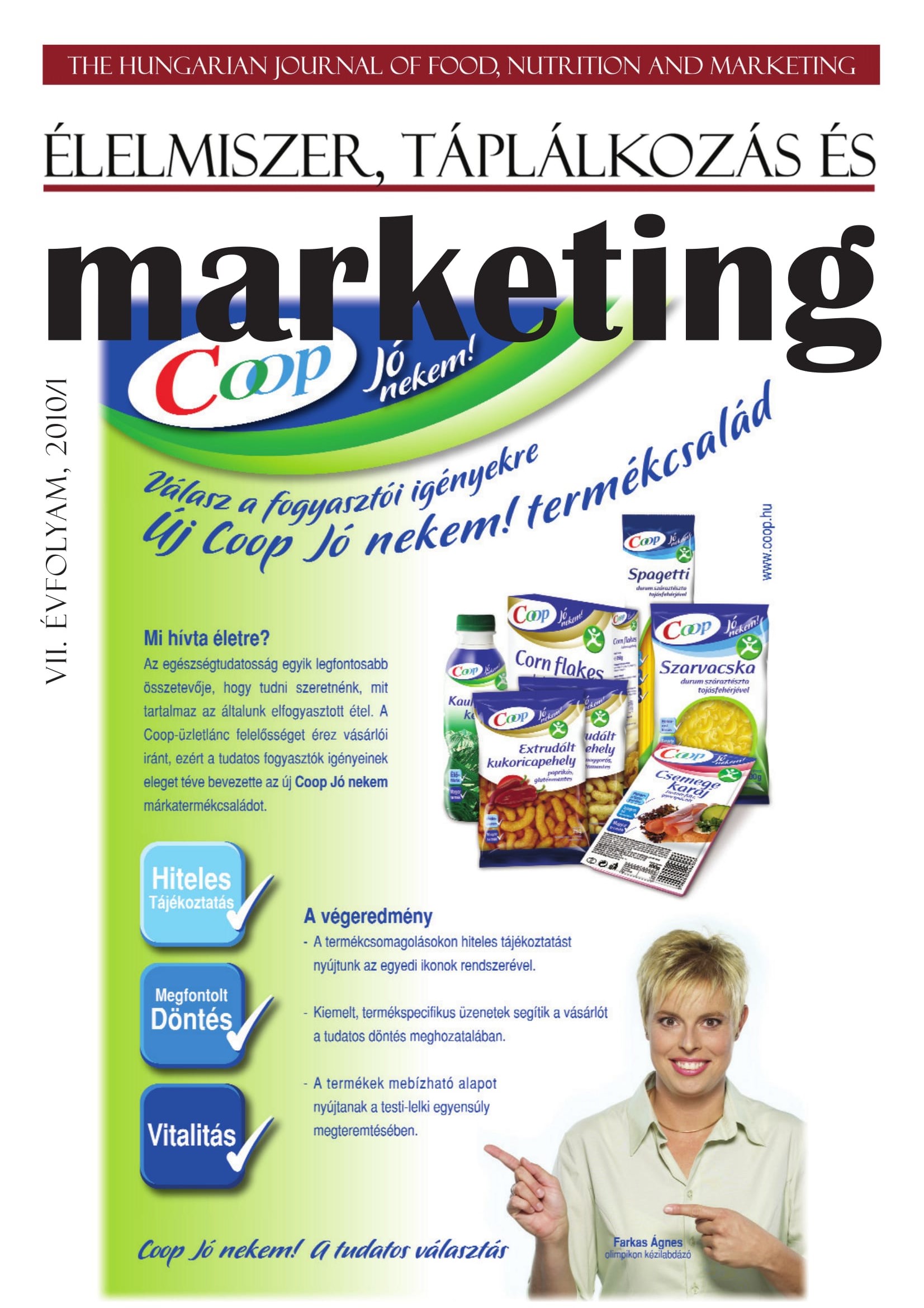Élelmiszer-ipari termékinnovációk realizálási feltételei
Abstract
The lecture is making some critical remarks on the innovation strategy of Hungarian food industrial products. Original innovations are argued for and the following statements are made: a) Foods belonging to the concept of „product innovation” can be located in any phase of the life cycle. Thus they can also be products which are not new just mature and repositioned. This specific feature is taken into consideration neither by the OECD nor by the EU innovation statistics, and this may lead to erroneous conclusions as to the „quality” of innovation. b) Moreover, a significant difference in whether the realization of the idea is beyond the entrepreneur’s competence, aptitude, financial circumstances, risk-taking ability etc., or the involvement of outside participants (researchers, banks, state institutions) is also necessary. c) The realization of „originally new” product ideas in the initial phase of the life cycle is the most risky. In today’s Hungary the management of these ideas solely from business aspects means simply giving them up to international companies. d) One or more international research programs could offer an alternative for talented researchers-developers in order to slow down further brain drain.



